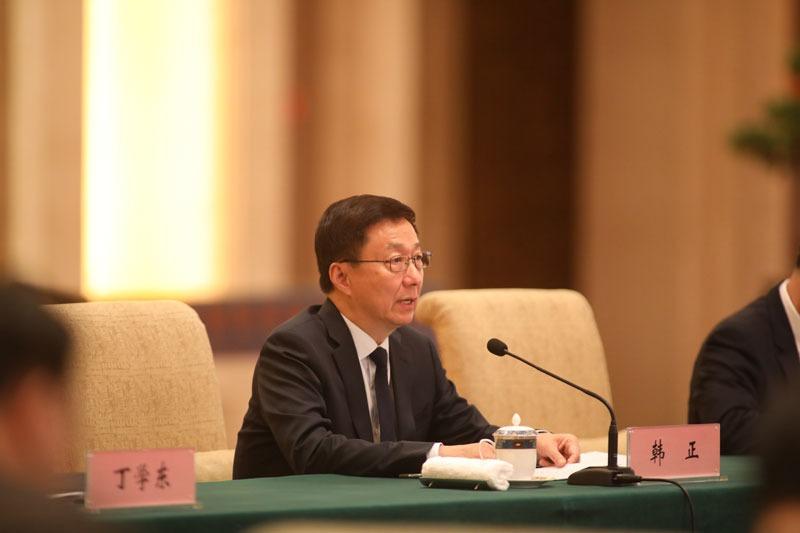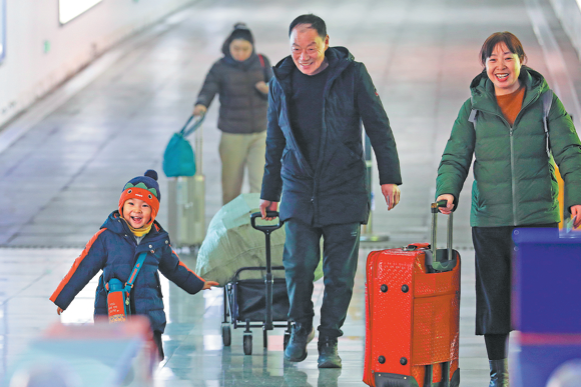HK people to get equal rights in property purchases in Bay Area
By Chen Zimo and Luis Liu in Hong Kong | China Daily Asia | Updated: 2019-11-07 10:12

There are five policies and measures to support professional services, including legal, construction and insurance professionals, to practice in the mainland or to develop their businesses.
These policies, as well as the visa policies, reflect the determination of the Bay Area to pool top talents around the globe and create an international science and innovation hub, Ng said.
The Shenzhen-Hong Kong Innovation and Technology Co-operation Zone at the Lok Ma Chau Loop will help attract more innovation and technology talents from both the mainland and overseas.
He hopes Hong Kong’s entrepreneurs and technology practitioners can find the right position and maximize their advantages in the Bay Area. “We need to fully understand the policies not only in Hong Kong, but also in Guangdong province, and make full use of the policy support for the flow of talents, capital, goods, information, and so forth,” Ng said.
Foreigners also benefit
In addition, foreigners holding Hong Kong Permanent Identity Cards will be able to apply to mainland authorities for a visa or permission for residence with a validity of up to two to five years.
The measure will enhance the synergy effect of gathering talents in various cities of the Bay Area, strengthen Hong Kong’s role as a talent hub for the region, and attract talents from around the world, said Carrie Lam.
“It’s certainly positive that a policy like this targets specifically foreign permanent residents in Hong Kong,” said Tobias Zuser, an Austrian university lecturer in Hong Kong who plans to get his Hong Kong Permanent ID next week. “At the moment, there are some areas where they seem to be a forgotten community, which has hindered further integration.”
Zuser is a frequent traveler between Hong Kong and the mainland as he had to do some fieldwork across the boundary. However, he can apply only for one-year visas.
Foreigners in Hong Kong face inconveniences as well, he said. “For instance, when it comes to using a cross-boundary online payment systems or booking and retrieving train tickets,” Zuser said.
If these barriers can be gradually lifted, it certainly will contribute to increased mobility of both Chinese and non-Chinese talents across the Bay Area, he added.
However, if the government hopes to attract more talents, they have to do more, he stressed. The new program is limited to foreign permanent residents, so it may not have a big impact on attracting new talents, as they would first have to live in Hong Kong for a minimum of seven years, he said.
“Maybe in the long term it could be considered to expand the scheme to include temporary residents as well,” Zuser said.
























